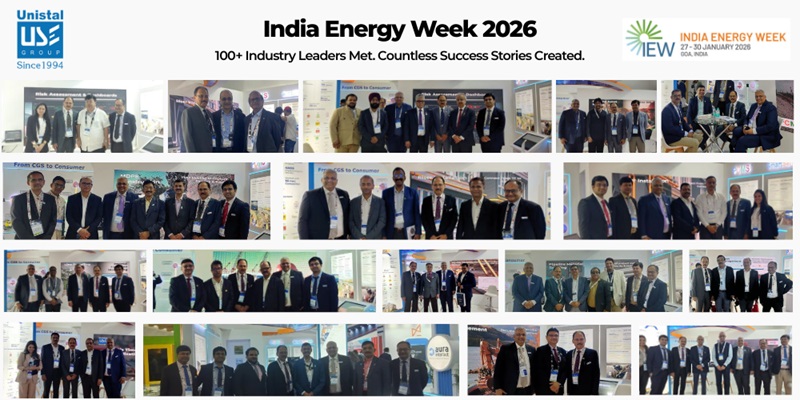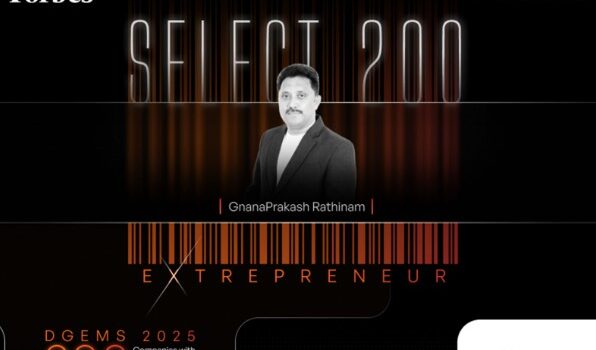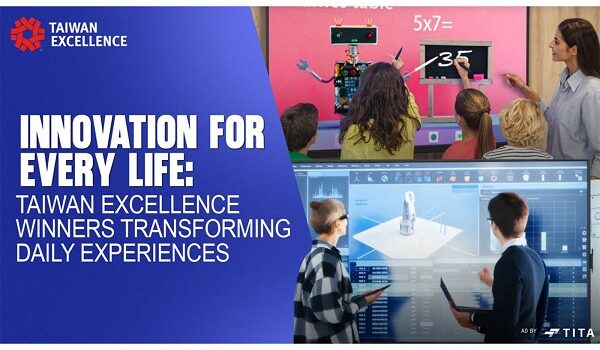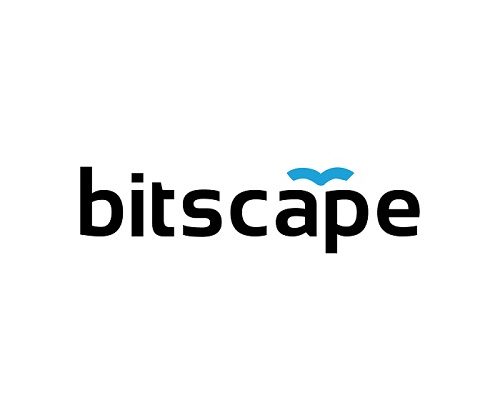
New Delhi [India], December 2: Clearout, a leading provider of email, phone, and form validation solutions along with email finding and prospecting, has been recognized by Forbes India as part of the DGEMS Select 200 – 2025 cohort, a curated list of global companies identified for their innovation, scalability, and impact potential.
The DGEMS (D Globalist Entrepreneurship Management Summit) Select 200 list highlights high-growth companies from India that are building scalable cross-border solutions across industries. Clearout’s inclusion reflects its growing global footprint and its continued focus on data quality, deliverability, and fraud prevention for marketing, sales, and product-led teams.
“Being featured in the Forbes India DGEMS Select 200 is a proud moment for all of us at Clearout,” said Gnanaprakash Rathinam, Founder & CEO of Clearout. “Our goal has always been simple: help businesses communicate with confidence by making sure their contact data is accurate, real, and safe to use. This recognition validates the problem we’re solving and the way we’re solving it.”
Clearout offers a suite of products that work across the customer data lifecycle:
- Clearout Email Validation – Bulk and API-based verification to reduce bounces, protect sender reputation, and improve deliverability.
- Clearout Email Finder & Prospecting – Find pre-verified work emails of decision-makers with strict-domain checks and verification built-in.
- ClearoutPhone.io – Global phone number validation, carrier & line-type detection, and enrichment to power outreach workflows.
- Form Guard – Real-time protection for forms and lead capture flows, blocking spam, bots, fake signups, disposable emails, and invalid phone numbers.
Today, Clearout powers 100,000+ businesses worldwide from fast-growing startups to large enterprises, helping them keep their CRMs clean, prevent spam submissions, and run more effective campaigns with verified email and phone data. The platform is known for its up to 99% accuracy, easy-to-use dashboard, and developer-friendly APIs that integrate with leading CRMs, ESPs, and marketing tools.
“This recognition is the result of our customers’ trust and the hard work of every team at Clearout – Product, Engineering, Marketing, Sales, Customer Success, and Operations,” added Nida Mohsin, SVP – Marketing at Clearout. “We’re committed to continuing to build products that help companies fight bad data, reduce waste, and build stronger relationships with their audiences.”
Clearout plans to use this milestone as a springboard to further strengthen its product capabilities, expand integrations, and deepen its presence in key markets across North America, Europe, and emerging regions.
About Clearout
Clearout is a real-time data verification and prospecting platform that helps businesses keep their contact data clean, accurate, and ready for action. With tools for email validation, email finding, phone verification, and real-time form protection, Clearout enables marketing, sales, and product teams to reduce bounces, fight spam and fake signups, and improve campaign performance.
Clearout integrates with popular platforms like HubSpot, Zoho, ActiveCampaign, Pabbly, Make, and many others, and serves companies of all sizes, from fast-growing startups to large enterprises, across multiple industries.
Learn more at: https://clearout.io
























